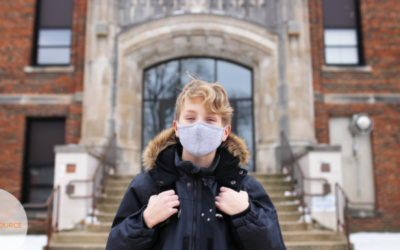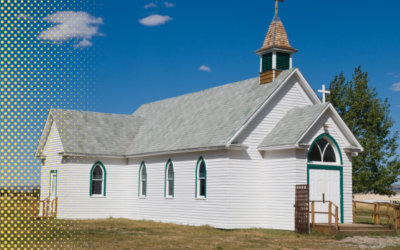B.M.Axiom # 1: “Ask the Two Questions”
Here are two questions, which may be applied to any situation:
1. “What’s going on here?”
2. “How might God be at work in what’s going on here?”
Asking yourself these two questions will provide perspective, choice, and direction in any given situation. They work best for me when asked and answered sequentially.
Let’s take a recent Wednesday night confirmation session as an example in exploring the power of these questions. It was a typical fall night of 7:00 – 8:30 pm confirmation instruction for about twenty-five 7th and 8th graders, with relatively even mixes of girls and guys, public and private school attendees, and leaders and followers. I had a full staff of 6 adults with me. The confirmation “season” had opened strongly, with previous nights running smoothly. But not on this night…
The kids were wild. The opening game, intended to set up what was to follow, didn’t. The attention-getters were in open competition with each other. Almost no one could stay in his or her seat. The boys were doing that pencil-thing in their noses while the girls were shrieking over cell phone photos. Two of my staff were acting worse than the kids! The pastor (one of the 6 staff members) was starting to twitch.
Question # 1 kicked in for me, “What’s going on here?” I noticed the quiet ones retreating, three kids sharing a bag of chips, and three others still in their school sports practice outfits. One of my staff was wearing a tie. After pulling the group together long enough to acknowledge the lousy start, I stumbled into the question, “How many of you came straight from school to confirmation?” A third of the hands went up. “How many of you didn’t get to eat before coming here?” Half of the hands in the room went up, including two of my own staff, and, I realized, also included me.
By asking “What’s going on here?” I gained perspective. Choices about food options were explored in the subsequent group discussion. Directions were set for a monthly meal option. The question allowed kids to language their feelings, talk about their schedules, tell their stories and express their needs.
It is only after asking the first question that you can effectively ask the second question, “How might God be at work in what’s going on here?” In the confirmation example, kids learned that someone cared, that they could participate in problem solving and that the church cares about the whole person. The evenings closing prayers acknowledged Gods presence in chaos, and that what we are doing in confirmation is important.
Learn to ask the two questions. The answers give you perspective in the daily decisions of life (and certainly ministry). The questions also work in the deeper waters of counseling, in pre-surgery visits, disputes and in other times of triumph or tragedy. The answers allow you to think in terms of options, make wise choices, lead you to seek the counsel of others and sometimes to just relax. Paths can be chosen, evaluated, and then re-adjusted. Often, the hand of God becomes vividly apparent in the ruminations.
Ask the two questions.








0 Comments